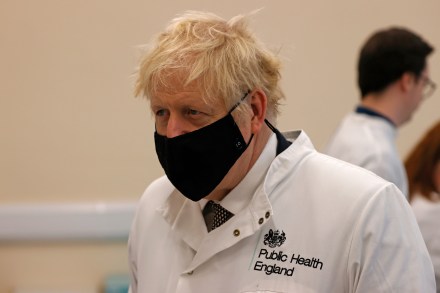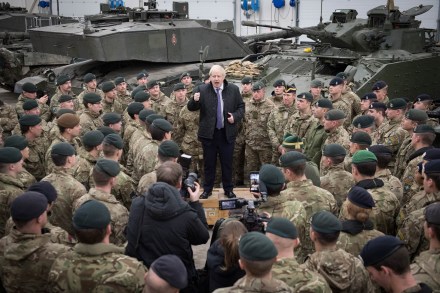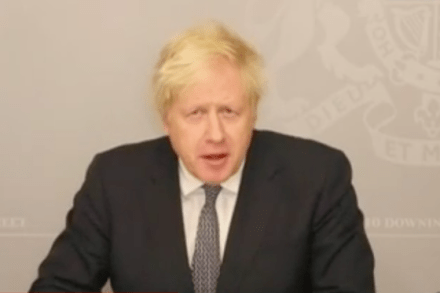Boris Johnson’s email faux pas
When it comes to Boris Johnson’s skills as a politician, his particular communication style is regularly cited as a talent that makes him stand out as a leader. He was, after all, an accomplished journalist before stepping into the world of politics. So Mr S was a little surprised by the email that landed in his inbox this morning purporting to be from the Prime Minister. In it, recipients were invited to join the Prime Minister and Chancellor for an online chat — and encouraged to donate large sums in return for hearing ‘never before shared stories from that campaign as well as the unprecedented year that followed, from getting




















